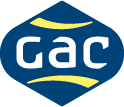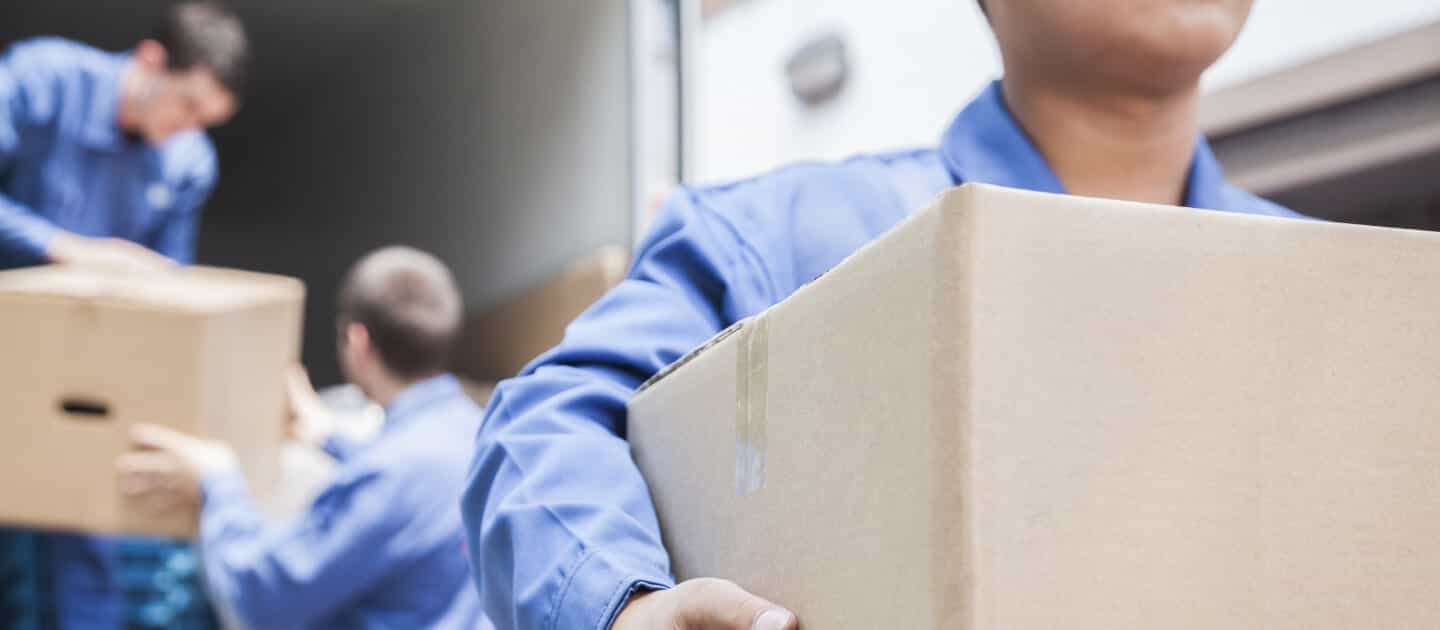With the introduction of Brexit, many British expatriates are thinking about returning to the UK for the new tax year. Financial analysts agree that it’s important to organise return dates in relation to tax planning, as returning means you will be regarded – and taxed – as a UK citizen. With the UK having left the EU VAT system, however, and Brexit in progress, it’s a bit difficult to know what exactly the next tax year will bring.
With the right planning, it’s possible to minimise some of the uncertainty and take advantage of the opportunities and advantages to moving back. So, keep in mind timing in order to plan accordingly for tax-related expenses. For example, if you return within a five-year period, your foreign income from that time period is likely to be taxed. Generally speaking, it’s possible to become a legal resident after a period of 46 days, but this period can shorten if you own property within the UK or overseas, bringing you into an earlier tax-paying period.
The right financial planning around your move means fewer surprise expenses, which is a needed relief in the moving process. Shifting homes from one country to another is not only stressful due to the laundry list of to-do items, but also there are time-sensitive tasks, and large costs, such as packing belongings, airline tickets, and overseas shipping. If you know what these are, are able to budget for them, and keep them predictable, the more you can appreciate all the great reasons to return to the UK, from living close to friends and family again, schooling for your kids, government-funded healthcare, and high standards of living.
Alongside financial planning around taxation, there are formal regulations you need to follow, in order to return to the UK. If you plan to live and pursue employment there you’ll have to obtain a transfer of residence. This is an application to Her Majesty’s Revenue and Customs Office in which you agree to declare non-VAT goods and possessions that you’re bringing back to the region. It’s important to remember that this is required documentation for a successful move, and you need to provide several pieces of information such as a copy of your passport, a list of items you’re bringing into the country, proof you’ll be living in the UK (such as your employment contract) and copies of rental or property ownership paperwork from your former domicile. After your application is processed you’ll receive a unique reference number (URN) to complete relocation. To access an application form, download it from the web, fill it out, and email it to nch.tor@hmrc.gsi.gov.uk, while saving a copy for your own records.
For more information about organizing your move back home to the UK, get in touch with GAC.





